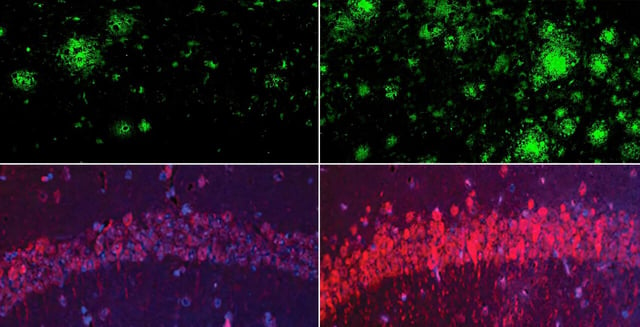Overview
- Researchers used ultra-sensitive mass spectrometry to show lithium levels drop in the prefrontal cortex of people with mild cognitive impairment and Alzheimer’s due to impaired uptake and sequestration by amyloid plaques.
- Dietary lithium deficiency in mouse models accelerated amyloid-β and tau pathology, triggered neuronal inflammation and gene dysregulation, and led to marked memory decline.
- A novel lithium orotate salt that avoids plaque capture reversed brain pathology and fully restored cognitive performance in mice without observable toxicity.
- The findings offer a unifying mechanism for Alzheimer’s onset and suggest that measuring endogenous lithium could serve as an early biomarker for dementia risk.
- Scientists caution that human safety and efficacy of lithium orotate remain untested and emphasize the need for clinical trials before any change to patient care.

